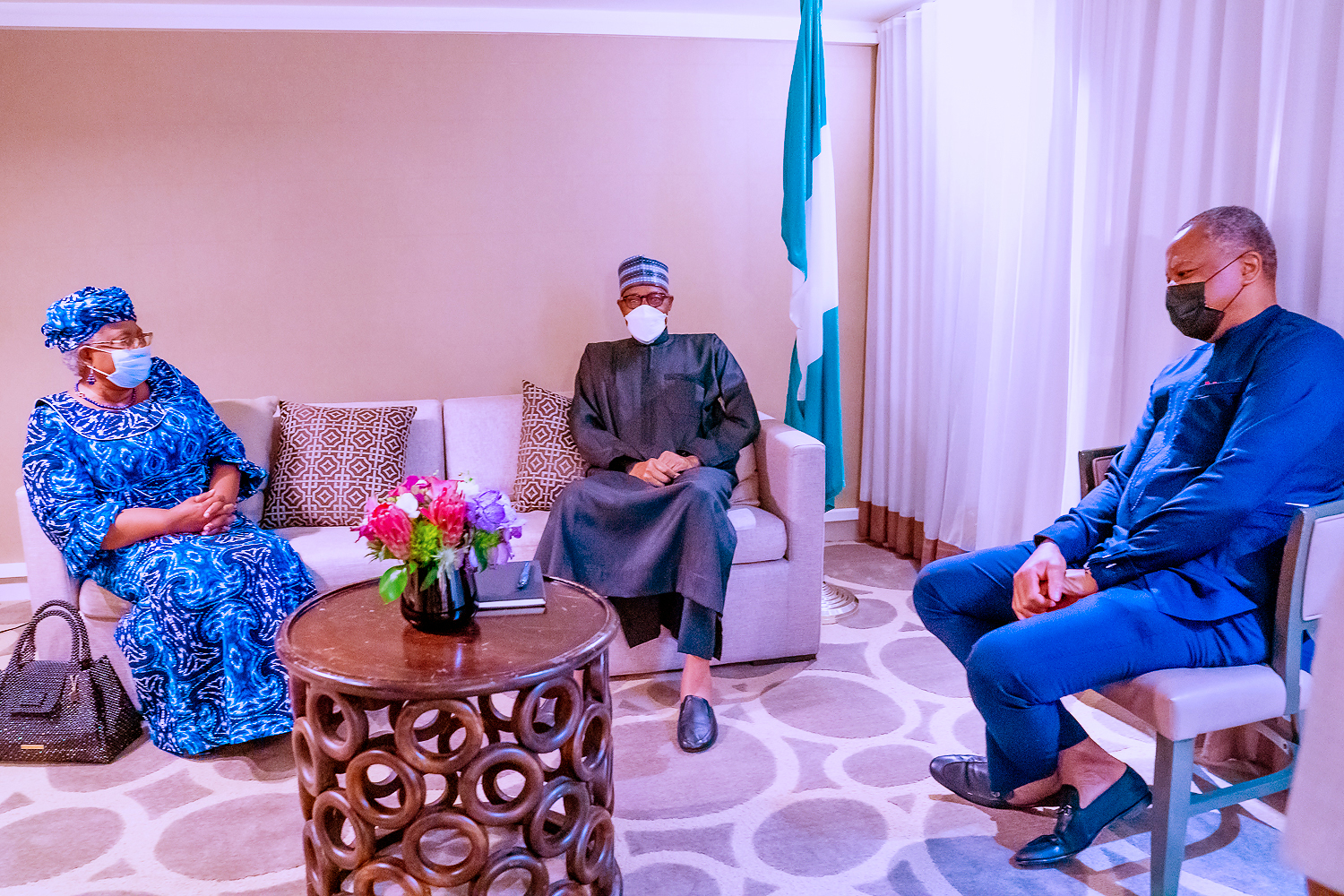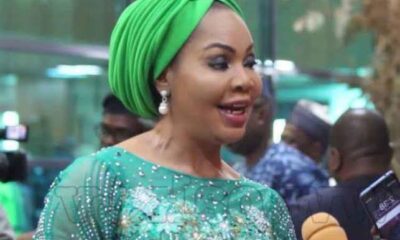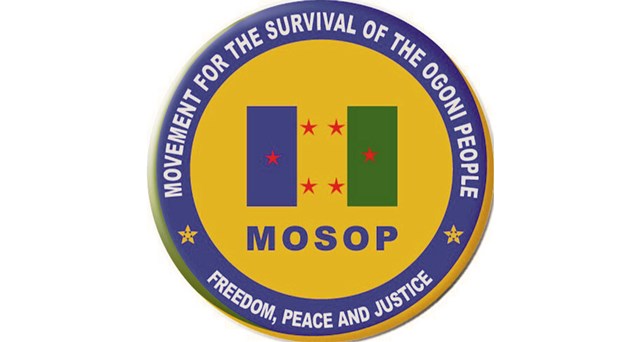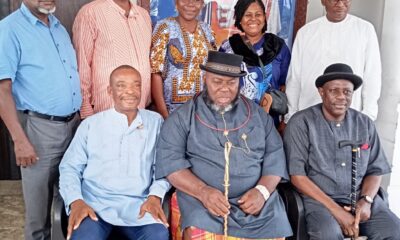Politics
Priotise Citizens Welfare Or Fail, Okonjo-Iweala Tells Governors-Elect

Director General of the World Trade Organisation (WTO), Dr Ngozi Okonjo-Iweala, has advised Nigerian governors to avoid piling up debts on their states and to prioritise citizens’ welfare if they want to have successful tenures as governors.
In an address at the Nigeria Governors’ Forum (NGF) induction ceremony on Monday at the Presidential Villa, Abuja, Okonjo-Iweala emphasised the importance of prudent financial management for state governments and the need to sustain payment of workers’ salaries.
The former Finance Minister and Minister during the Obasanjo and Jonathan administrations urged governors to prioritize the payment of teachers, healthcare workers, and pensioners, while investing in infrastructure, education, and basic healthcare.
Highlighting the need for increased internally generated revenue (IGR), Okonjo-Iweala suggested that governors should focus on transparency and efficiency in their financial practices.
She encouraged them to publish information about the federation revenue allocation and IGR, to enable citizens to have a clear understanding of their state’s financial situation.
She said, “Nigeria is a country with no social contract, meaning that Nigerian political leaders have never been able to agree with each other to stick to a common set of principles, values, and policies that consistently deliver for their citizens regardless of ethnic group or political persuasion.
“You have a lot of healing to do – within your states, and between them. Through your words, deeds, and policies, you need to demonstrate to Nigerians that they are equally loved; that they can settle and do business in any part of the country without fear,” she said.
Moreover, Okonjo-Iweala emphasized the importance of monitoring debt profiles and controlling expenditure.
Citing data from the National Bureau of Statistics and Budgit, an organisation dedicated to providing financial reports on the country’s budgets, Okonjo-Iweala revealed that majority of states rely heavily on federal allocations for survival.
Even though state governments experienced a slight increase in IGR, rising from N1.2 trillion in 2020 to N1.61 trillion in 2021, these figures pale in comparison to the Federal Account Allocation Committee (FAAC) allocations of N2.23 trillion in 2020 and N3.16 trillion in 2021, she noted.
“While I commend those states that have made additional efforts, governors need to do much more. States must figure out ways to increase IGR. This goes hand in hand with using your 48 percent share of federal allocations more transparently, efficiently and effectively.
“You must share with your state citizens how much FAAC allocation you receive each month, how much IGR you collect, and how you spend it.
“We used to publish this information routinely during my time as finance minister under Presidents Obasanjo and Jonathan. We must resume this practice so your citizens can hold you accountable.
“Excellencies, please watch your debt profiles, and keep careful control of expenditures, even as you invest in infrastructure, education, and basic health systems. Please endeavour to pay teachers, health workers, and others their salaries, and retirees their pensions,” Okonjo-Iweala told the governors-elect.
The WTO chief executive pointed out that the COVID-19 pandemic severely impacted Nigeria, leading to a rise in poverty rates, as according to the World Bank, an estimated 95 million Nigerians fell below the national poverty line in 2022, accounting for 43 percent of the population.
She also highlighted the potential of Nigeria’s youthful population, stating that the country has an opportunity to attract investment in labour-intensive production processes.
She encouraged governors to create business-friendly environments to attract both domestic and foreign investment, stressing the importance of Nigeria positioning itself as a platform for producing goods and services to meet regional and global demand.
Speaking on youths’ craving to relocate from Nigeria, she said: “Excellencies, you must make your states and all Nigeria a hospitable, encouraging place where young people want to stay and thrive, not leave. Much as we appreciate remittances sent home by these migrants, Nigeria will not develop and prosper if its youthful, tech-savvy population leaves. Without them, our demographic dividend disappears.
“Turning to the fashion space, people across the continent want to dress like us. Nigerian fashion is taking Africa and the world by storm. Our leather industry is moving up the value chain: we used to send tanned leather to Milan, now we are developing shoes, bags, and carpets ourselves of good quality, fit for consumption at home and abroad.”
In addition, Okonjo-Iweala acknowledged Nigeria’s achievements in the creative industries, particularly music, film (Nollywood), and fashion.
She urged the government to capitalise on these sectors’ potential for growth and explore opportunities for cultural tourism and export of digitally-delivered services.
Politics
APP Wants INEC To Conduct By-Election To Fill Rivers Assembly Vacant Seats

Politics
NASS Sets Date For 2025 Budget Passage

Chairman, Senate committee on appropriations, Sen. Solomon Adeola, stated this on Monday in Abuja at a meeting with the chairmen of standing committees in the Senate.
According to him, Jan. 31 is the date for laying of reports on the appropriation bill before the Senate and the House of Representatives.
He said upon resumption from Christmas and New Year break on Jan. 14, both chambers of the national assembly would suspend plenary for two weeks for budget defence by ministries, departments and agencies (MDAs).
Sen. Adeola also said that NASS had fixed Jan. 9 for an open day on the budget to enable various stakeholders, aside heads of MDAs, to make inputs on the budget.
“A tentative time table has been drawn for consideration of the budget at committee level.
“Budget defence sessions begin from Jan. 7, while reports from various committees are expected to be submitted from 15th to 18th of this month.
“Afterwards, collation and tidying up of the various reports will be done by the appropriation committee, with the hope of laying final report on the budget at the Senate on 31st of this month.
“However, the 31st of January fixed for laying of the budget is tentative, as it is just given to guide our work,” he said.
The principal officers of the Senate who attended the meeting included: the Deputy Leader, Sen. Lola Ashiru and Senate Whip, Sen. Tahir Monguno.
They said that the timeframe for consideration and passage of the 2025 budget by the national assembly was short.
They, however, expressed hope on the timely passage of the budget.
The committee, thereafter, went into a closed door session with chairmen of the various standing committees in the Senate.
Politics
When Women Unite To Pray For SIM
-

 News2 days ago
News2 days agoMinimum wage’ll be reviewed in less than 2 yrs, says Minister
-
Sports2 days ago
Golfers To Converge For Sun Amateur Tourney In PH
-
Niger Delta2 days ago
Eno Urges Unity, Warns Against Politics Of Division In 2025
-
Business2 days ago
No Mandate To Revive National Carrier – Aviation Ministry
-

 News2 days ago
News2 days agoOgoni Day: MOSOP Unites, Demands Share from OML 11
-

 Politics2 days ago
Politics2 days agoAPP Wants INEC To Conduct By-Election To Fill Rivers Assembly Vacant Seats
-
Niger Delta2 days ago
We’re Upgrading Tourism Sites Across C’River – Otu
-

 Niger Delta2 days ago
Niger Delta2 days agoKalabari Media Forum Hails Recognition Of Dokubo Asari As Amayanabo

